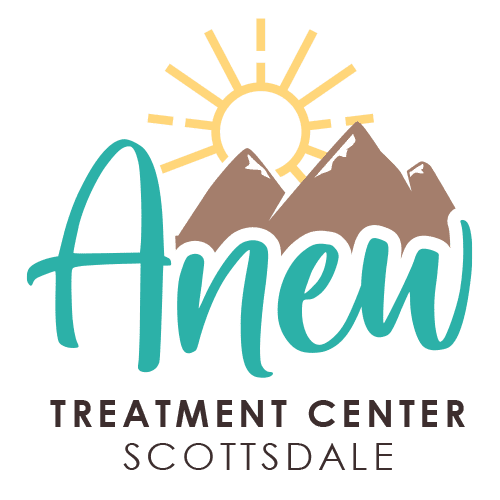Depression and Addiction: How Are They Related?
Learn about depression and addiction, how they are related, common symptoms, and treatment options.

Understanding Depression and Addiction
Addiction and depression are two of the most widespread mental health disorders in the United States. It's no secret that addiction and depression are closely related. While it's not always easy to determine which came first—the addiction or the depression—it's clear that one often leads to the other.

What Is Addiction?
According to the National Survey on Drug Use and Health, an estimated 20 million adults in America suffer from addiction. Addiction is a chronic disease characterized by compulsive drug seeking and use despite adverse consequences. It is considered a brain disease because it affects how the brain functions, making it difficult for people to resist taking drugs even when they want to stop.1
Addiction is a medical condition that requires treatment. Left untreated, it can lead to serious health problems, including overdose and death.
What Is Depression?
Depression is a common but serious mood disorder that causes persistent feelings of sadness and loss of interest. Depression can interfere with people’s ability to work, sleep, eat, and enjoy activities they once enjoyed. The National Institute of Mental Health reports that 52.9 million adults live with depression.2
Depression is more than just feeling "down in the dumps" or "blue" for a few days. It's a severe condition that can lead to suicide and requires treatment. Fortunately, with proper diagnosis and treatment, people with depression can get better and enjoy their lives again.
With that said, let's look at how depression and addiction are related.
Depression and Addiction: Which One Comes First?
Many people suffer from addiction and depression, but it can be challenging to determine which one came first. In some cases, substance abuse may lead to depression, as the individual may start to feel hopeless and helpless due to their addiction. In other cases, depression may lead to addiction, as the individual may turn to drugs or alcohol to escape their negative feelings. It is also possible for both conditions to develop simultaneously.
Common Signs of Depression
The following includes common signs of depression; however, it is essential to note that not everyone experiences all of these symptoms:
Common Signs of Addiction
The following are signs of addiction; however, it is essential to note that not everyone experiences all of these symptoms:
Common Types of Depression
There are different types of depression, and each type has its own set of symptoms. The most common types of depression will be detailed below.
Major Depression Disorder
This type of depression is characterized by symptoms that interfere with people’s ability to work, sleep, study, eat, and enjoy activities once enjoyed.
Persistent Depressive Disorder (Dysthymia)
This type of depression is characterized by symptoms that last for at least two years. It is a less severe form of depression but can be just as debilitating.
Bipolar I and II Disorders
Bipolar disorder, also known as manic depression, is characterized by mood swings, from periods of elation (mania) to periods of deep sadness (depression).
Seasonal Affective Disorder (SAD)
A seasonal depression starts in the fall or winter and goes away during the spring or summer. A change in seasons triggers SAD due to a lack of sunlight.
Postpartum Depression (PPD)
Postpartum depression (PPD) is a form of depression after childbirth. Symptoms can include feeling sad, anxious, or overwhelmed, losing interest in activities once enjoyed, feeling irritated or angry, withdrawing from family and friends, having trouble sleeping or eating, and feeling exhausted or hopeless.
Premenstrual Dysphoric Disorder (PMDD)
This type of depression is characterized by symptoms that occur during the two weeks before the start of menstruation.
Situational Depression
This type of depression is caused by a specific event, such as the death of a loved one, divorce, or job loss.
Depression and Addiction Risk Factors
There are several risk factors for developing depression and addiction. Some of these include:
Risk Factors for Depression
Risk Factors for Addiction
People with any of these risk factors do not mean that they will develop depression or addiction. However, it is essential to be aware of the risks to get help.
Co-Occurring Depression and Substance Use Disorders
When someone suffers from a co-occurring disorder, they simultaneously have mental health disorder and a substance use disorder. For example, someone might suffer from depression and alcoholism.
How Are Depression and Addiction-Related?
Depression and addiction are related in a few ways.
First, people who suffer from depression may turn to drugs or alcohol to self-medicate. Second, the use of substances can lead to changes in brain chemistry that can cause or worsen depression. Finally, withdrawal from substances can also cause depression.
The Relationship Between Depression and Addiction
Depression and addiction often go hand-in-hand. If a person suffers from one, they are at a higher risk of developing the other. Therefore, if someone has depression, there is a chance that they will turn to drugs or alcohol to cope with their symptoms. Numerous studies have shown people who self medicate are often those who need medication but are not going to the right places.3
Depression and Alcohol Addiction
A person suffering from depression and drinking to cope with their symptoms may be more likely to develop alcoholism.
In contrast, alcoholism can also cause or worsen depression. The changes in brain chemistry that occur with alcoholism can lead to depression. Withdrawal from alcohol can also cause depression. Studies have shown that heavy alcohol use is commonly followed by depression and reducing or stopping alcohol use results in improved mood.4
If someone suffers from depression and alcoholism, it is essential to get help from a mental health professional and addiction specialist.
Depression and Drug Addiction
Like alcohol addiction, drug addiction can worsen or cause depression. Thus, if someone has depression and uses drugs to cope with their symptoms, they may be more likely to develop a drug addiction.

Treatment for Depression and Addiction
For people suffering from depression and addiction, it is essential to get help from a mental health professional and addiction specialist. Treatment for both conditions will be necessary. Depression and addiction treatment may include:
Get Help at Anew Treatment Center
Addiction and depression can be complex illnesses to live with. They can take a toll on people’s health, relationships, work-life, and overall sense of well-being. If you're struggling with addiction or depression, know that you're not alone.
There is help available at Anew Treatment Center. We can provide the support and resources you need to recover safely and successfully. The center offers a variety of programs, including individual and group therapy, medication management, and holistic care.
You'll also have access to amenities like a fitness center and chef-prepared meals. The goal of our treatment center is to help you find lasting recovery. If you're ready to get started on the path to wellness, contact the center today.
Learn More About Our Treamtment Programs
Our team is ready to discuss your treatment options with you. Your call is confidential with no obligation is required.


